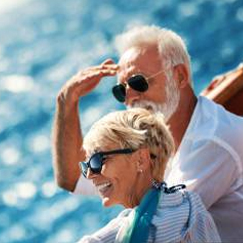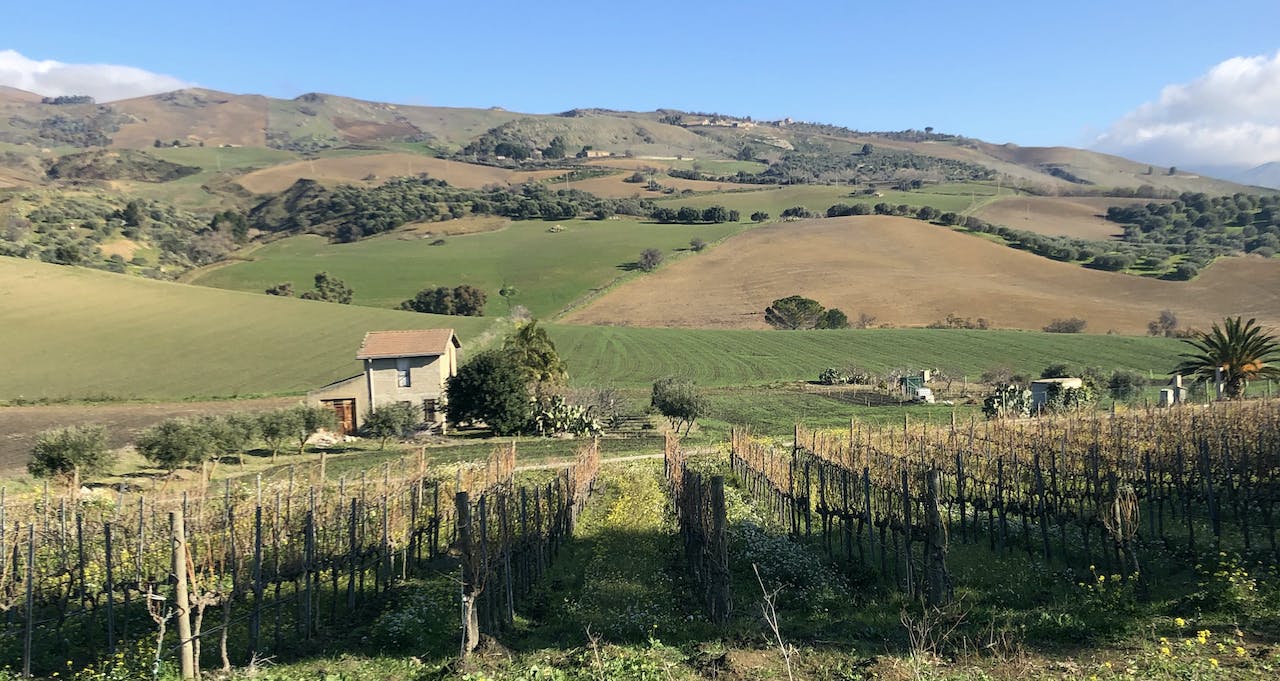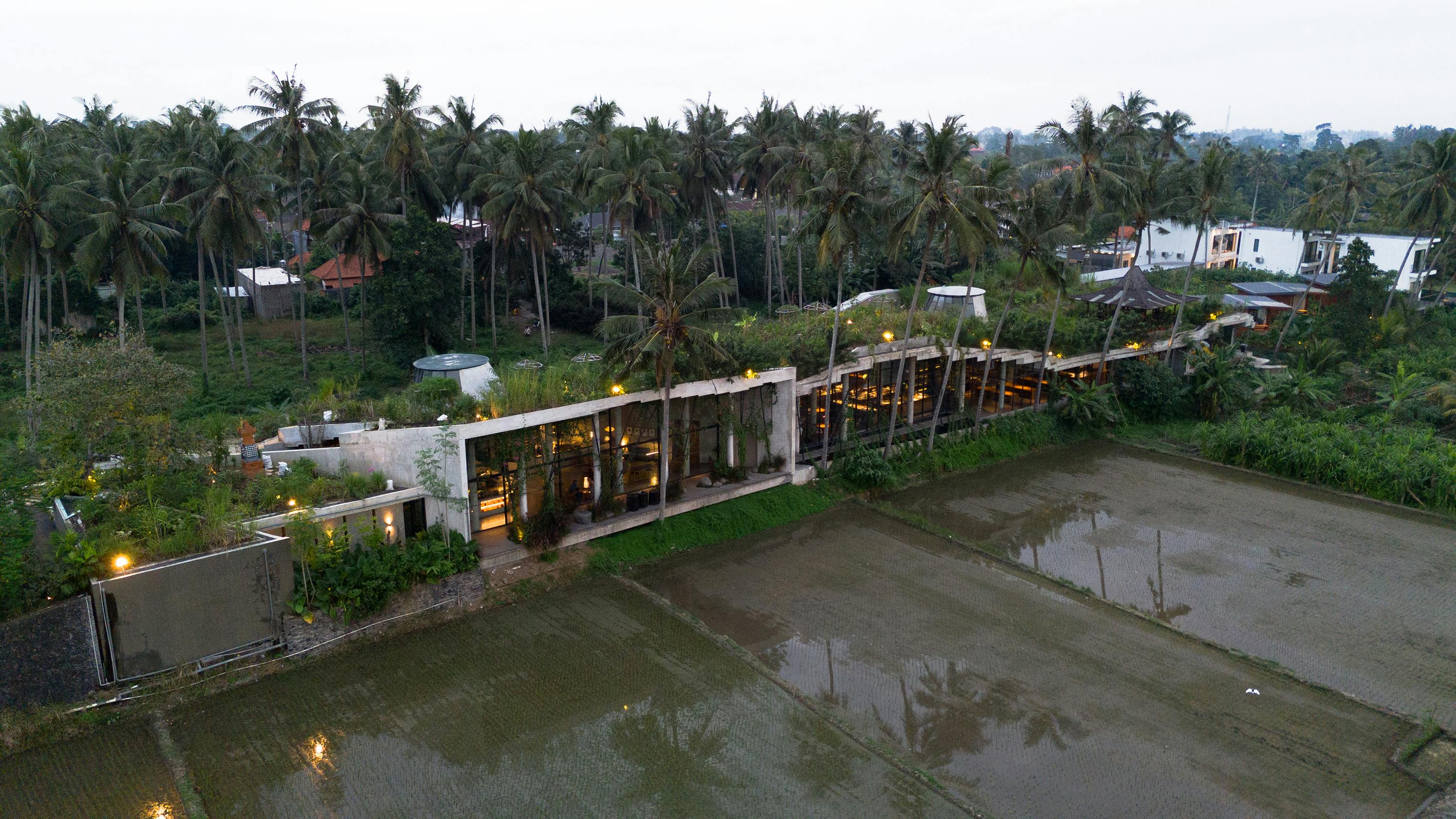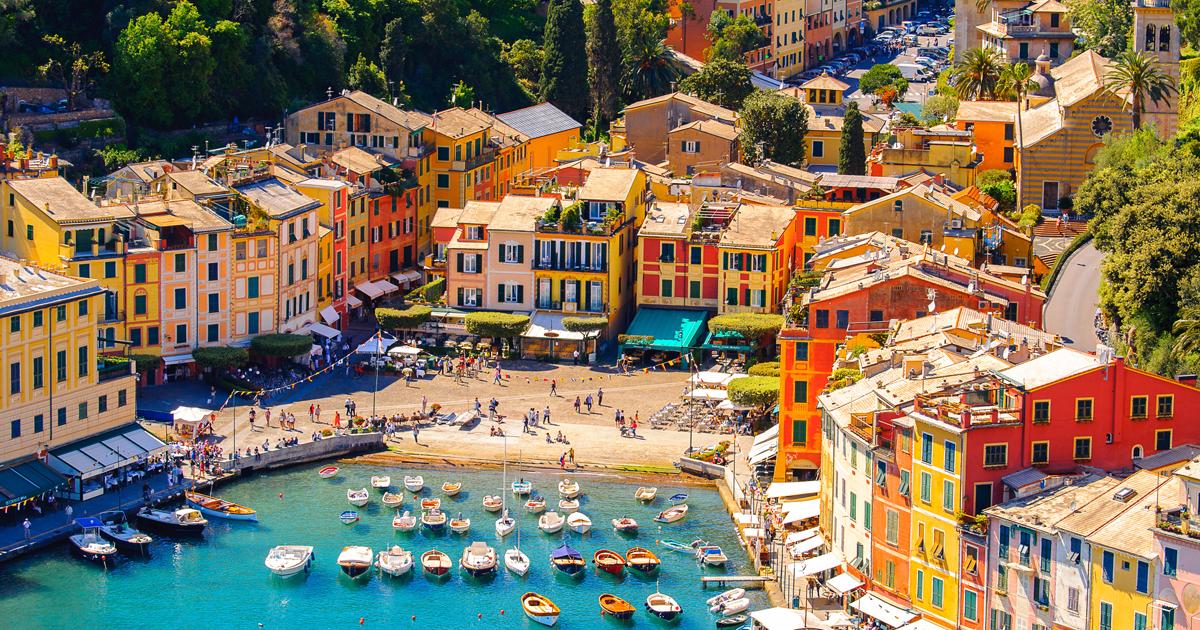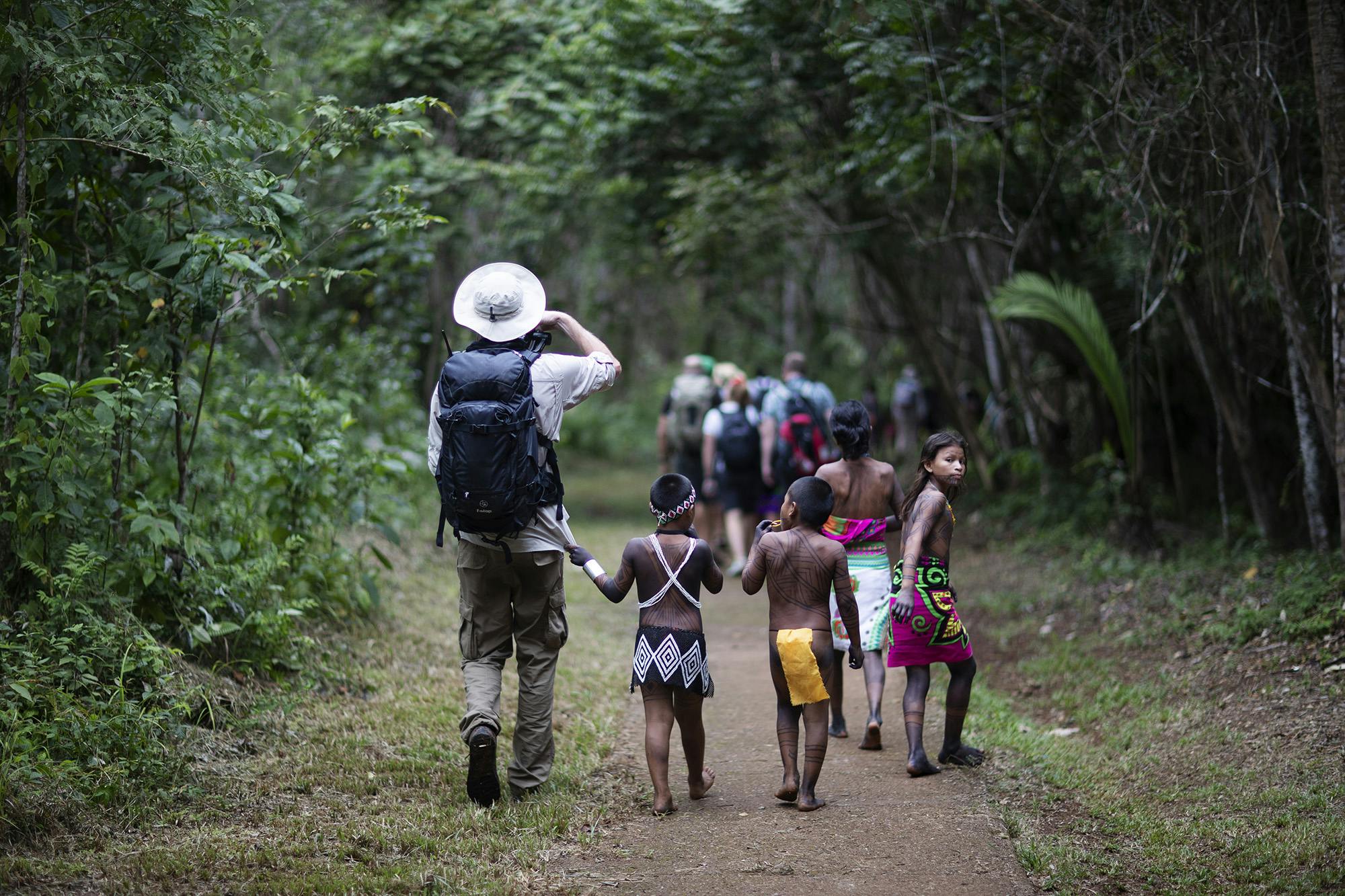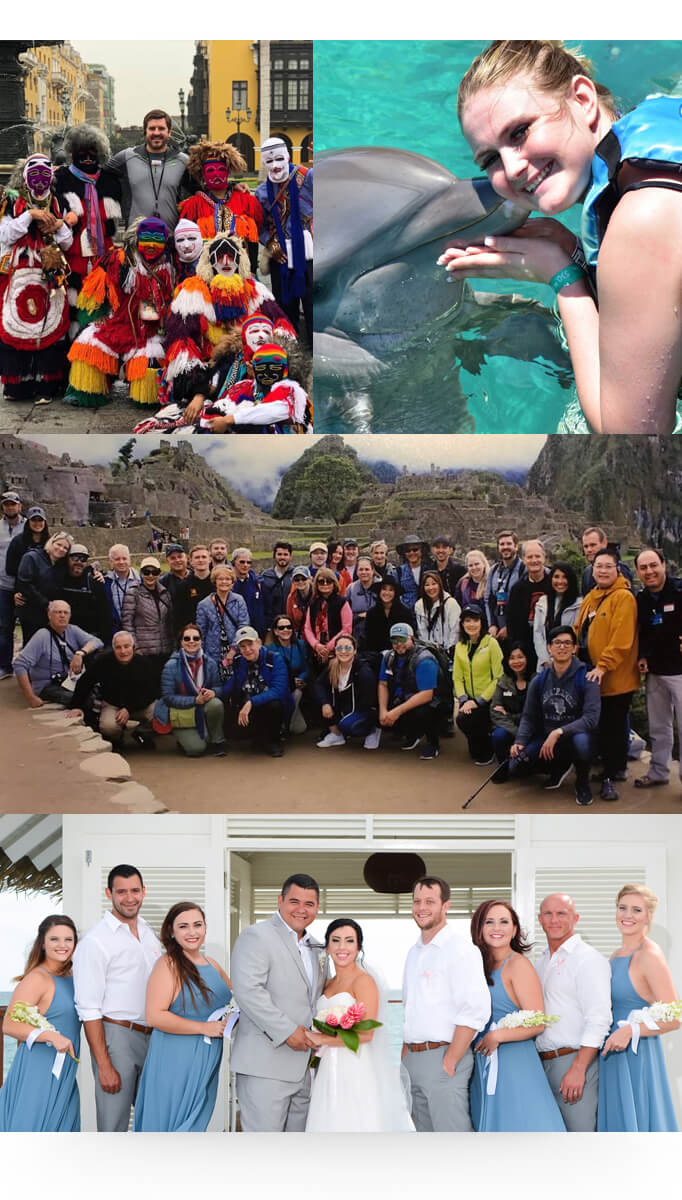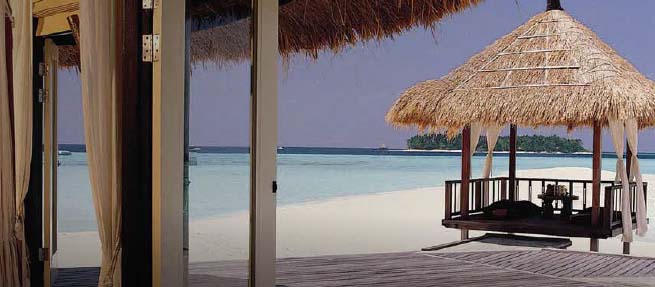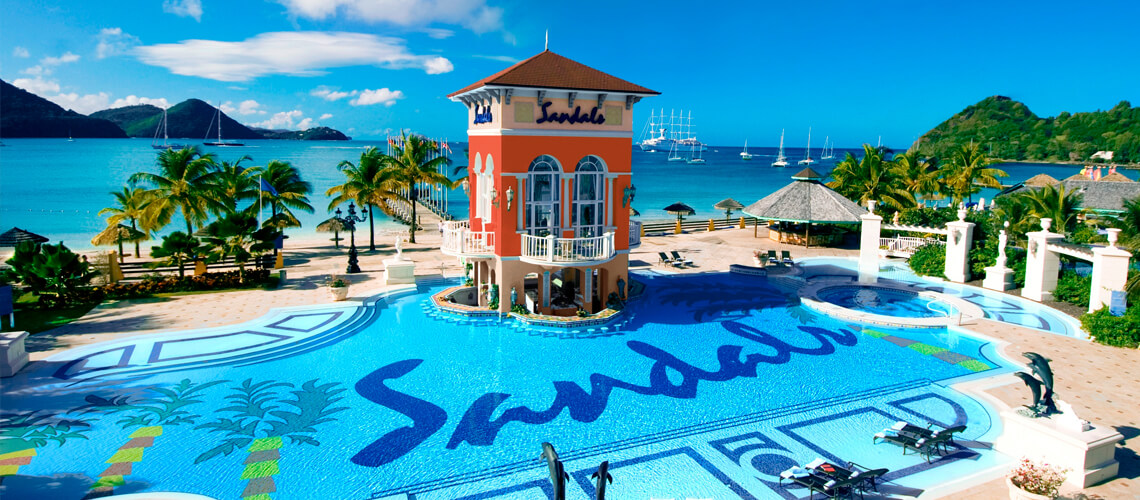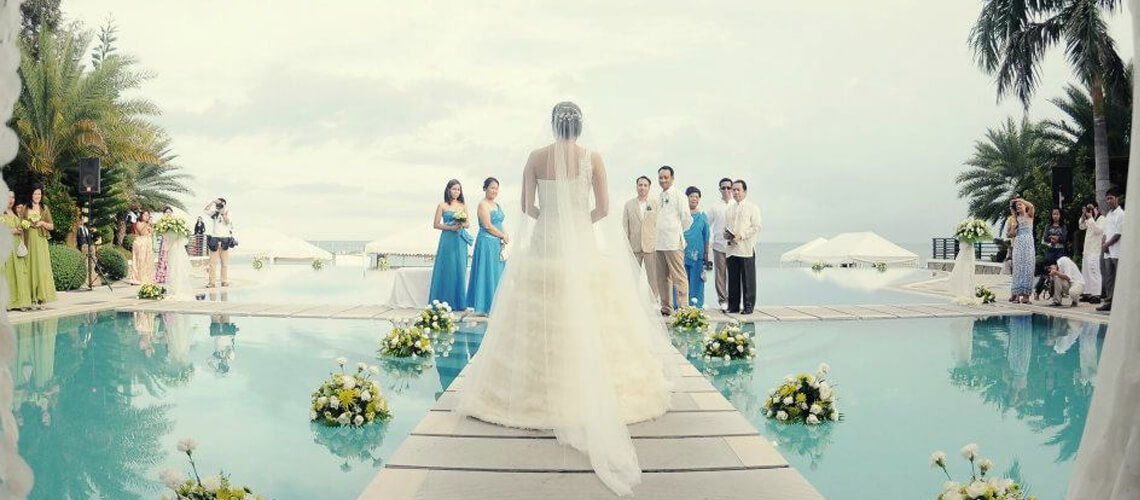On the Culinary Trail: Experiencing an Idealized Sicily with S.A.L.T. Lab Radio
In cooking, technique is a skill; grasping and mastering flavor is something a little trickier. “A technique can be taught,” Fabrizia Lanza says. She contrasts that with the practical knowledge, the thoughtfulness and intuitive feel for nature and balance that is needed to make something transcendent from the most basic ingredients in the pantry. “To do a simple plate of pasta with wild greens, we need to know which greens to pick, how to use the olive oil, how much to add,” Fabrizia says. “It’s not a technique, it’s a culture.”
That culture—of living, cooking and eating close to the land, of deepening one’s appreciation for the building blocks of deliciousness by exposure to the culinary heritage of the region, its people, agriculture and traditions—is at the heart of The Anna Tasca Lanza Cooking School at Tenuta Regaleali in Vallelunga Pratameno, also a farm and research center which Fabrizia runs on her family’s remarkable 200-year old plot of land in the center of Sicily.
Students come to this place, Case Vecchie, from all over and take home recipes and inspiration from the classes given here. Having spent a few days in the orbit of Fabrizia’s family, here at Case Vecchie and up the road with her cousin, the winemaker Alberto Tasca at Regaleali, it’s easy to understand the draw. The place has a beautiful glow about it, the pace of the day in keeping with the natural rhythms of a working farm and winery. And everywhere you turn, great food: an aperitivo of perfect fried artichokes with a glass of crisp Regaleali bianco in the sunny courtyard; pasta with cauliflower, raisins and pinenuts; pastries filled with sweet ricotta, honey and pistachios after a meal by the fireplace.

The culture isn’t so much taught here as it is soaked up by osmosis, by example and close proximity to the enchanted gardens and the lived experience of time spent in this beautiful place among people who put such value on food, nutrition, pleasure and tradition.
Sicilian food is many things: It is the gutsy street food of the markets (sometimes literally made of guts), and brightly-colored tooth-achingly-sweet pastries shaped to resemble other fruits, a testa di turco (Turk’s head) or (yes) a martyred nun’s breasts. It’s olives grown on family plots in the scorched terraces of Castelvetrano and salt raked from the seaside marshes of Trapani. It’s sustenance cooking from a hardscrabble land and also the rich indulgence of the Monsu, the celebrated French-trained chefs once employed by the island’s noble families like Fabrizia’s. Monsu chefs were famous for their impressive tables, a hybrid of the cuisine of the aristocratic Italian houses and butter-laden French tradition, and the closely guarded secrets of their recipes, passed on through families.
There are many pretty places in the world you can go on educational holiday to pluck vegetables out of a garden and bring home a few new recipes to add to your repertoire. But few are as stirring as Sicily.
The food you encounter in Sicily today is simple, earthy and direct in a way that feels entirely Italian. And it’s also complex and full of surprises from the sweet-sour agrodolce flavors of North Africa and cultural importations of the Greeks, Romans, Phoenicians, Normans and on and on through the ages of conquests, settlement and shifting of tastes.
There are many pretty places in the world you can go on educational holiday to pluck vegetables out of a garden and bring home a few new recipes to add to your repertoire. But few are as stirring as Sicily, with its melting-pot complexities, its passion for all things delicious and its raw, and the enduring gorgeousness of this part of the island.
And students can come here for more than just a brief encounter: the center’s Cook the Farm program is a ten-week intensive immersion in the food and culture of Sicily. Fabrizia sees the mission of her project as passing on something more than techniques and recipes of a cooking school.
“I think Sicily and possibly this place could be a kind of laboratory,” she says. “A laboratory where people can experiment with being close to nature, being close to and connected to where the food comes from. And this is what I see in the future, since we’re getting towards a future that is more and more distant from all of this. Maybe this place can be a good gym place to exercise this kind of proximity.”

The purpose of that proximity, of this laboratory, is to take a moment (or ten weeks) to step back from the frantic rhythms of daily life, to look beyond the kind of bucket-list restaurants that we hungry travelers are often seeking out and really spend some time looking, seeing, smelling and tasting a place and learning how and why the people who live there eat the way they do. To stop and smell citrus (more than 50 types grow here) and admire the cucuzza, aka serpente di Sicilia, the giant, serpent like zucchini that grows in Fabrizia’s garden.
“I think it’s a great privilege,” she says, “to be able to be where you want to be. I would like this place to be a hub. A hub of interest, a hub of research, a hub of a sharing this bounty that you had the opportunity to live in these days.”
It certainly felt like a privilege to spend a few sunny, exceedingly well-fed days recording our two-part Sicilian podcasts. We were in no rush to leave and would have happily signed on for the full ten week immersion, if timing (and our families) would have allowed.
Now, of course, with travel temporarily curtailed, it feels more like a dream. A dream of an idealized Sicily distilled to its essence: everything that’s delicious about this island and its bounty, with none of the distractions of modern city life, no unnecessary frill or fanciness.
One of the takeaways of Sicilian cooking, Fabrizia says, one of the tenets of its culture, is to find ways to pare down, reduce, to aim for that essence. “Americans have this need of adding, adding, adding,” she says, teasingly. “Here you take off more than adding.”
It’s a good lesson, in the kitchen as elsewhere, a reminder of a dream experience I’m eager to relive when we can travel again to Fabrizia’s Sicily.
